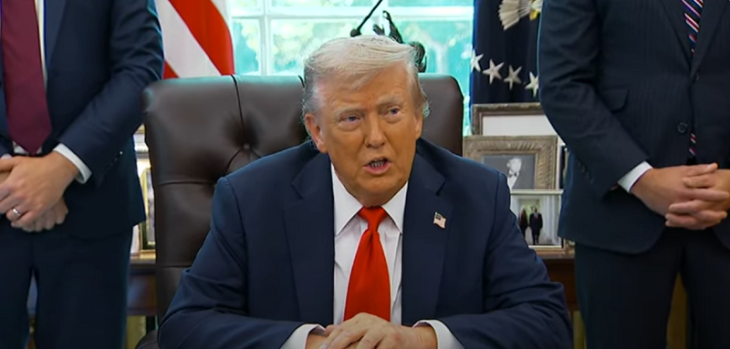Agreement With OPM Follows Proposed Cuts to More Than 80,000 Jobs
The U.S. Office of Personnel Management (OPM) has been contracted by the Department of Veterans Affairs to provide Human Resources support for the large-scale reduction in force (RIF) planned for later this year, citing the unprecedented scope of the cuts as the reason for the outsourcing of Human Resources support.
These cuts have been ordered even after the VA fired 1000 employees in February of this year and comes after veterans protested the projected cuts on D-Day 2025.
According to a contract reviewed by Government Executive, the VA will pay OPM $726,000 for layoff consulting services designed to ensure legal compliance throughout the RIF process. While the department has previously floated a target of cutting more than 80,000 positions, VA Secretary Doug Collins has since said that figure remains subject to revision.
The VA declined to comment on the agreement.
The move has drawn criticism from lawmakers, including Sen. Richard Blumenthal, D-Conn…, the top Democrat on the Senate Veterans Affairs Committee. He said the partnership with OPM reflects what he described as “a total lack of strategy and planning” on the part of VA leadership.
One senior VA official involved in the RIF planning told Government Executive that internal operations have been strained by a lack of clear guidance from the department’s top officials. According to the official, leadership has resisted documenting its goals or the reasoning behind the layoffs, opting instead to issue instructions verbally. While there is internal pressure to send layoff notices in June, the official said no formal confirmation of the RIF has been communicated in writing.
The proposed cuts are expected to primarily affect headquarters staff in Washington, D.C., and personnel at the Veterans Integrated Service Network (VISN) regional offices. Still, sources say the scale of the reductions could eventually impact staffing at individual health care facilities if the 80,000-employee target is maintained.
Secretary Collins has publicly emphasized that patient-facing roles will be protected and that only administrative and back-end positions will be affected. However, multiple VA employees have expressed skepticism, pointing out that clinical providers depend heavily on support staff to maintain services and workflow.
























